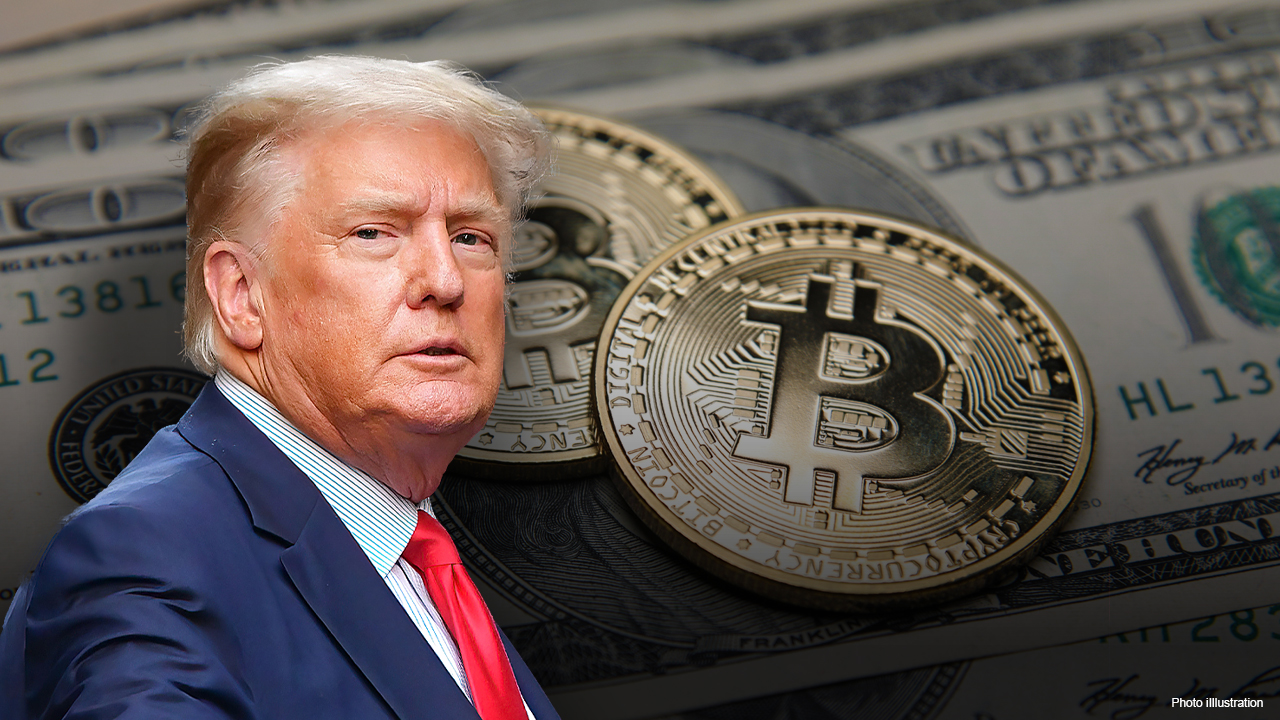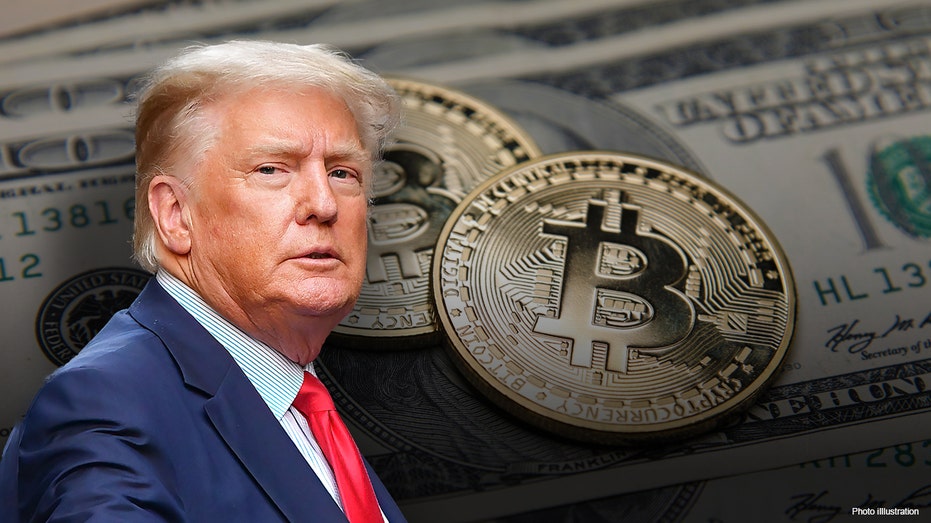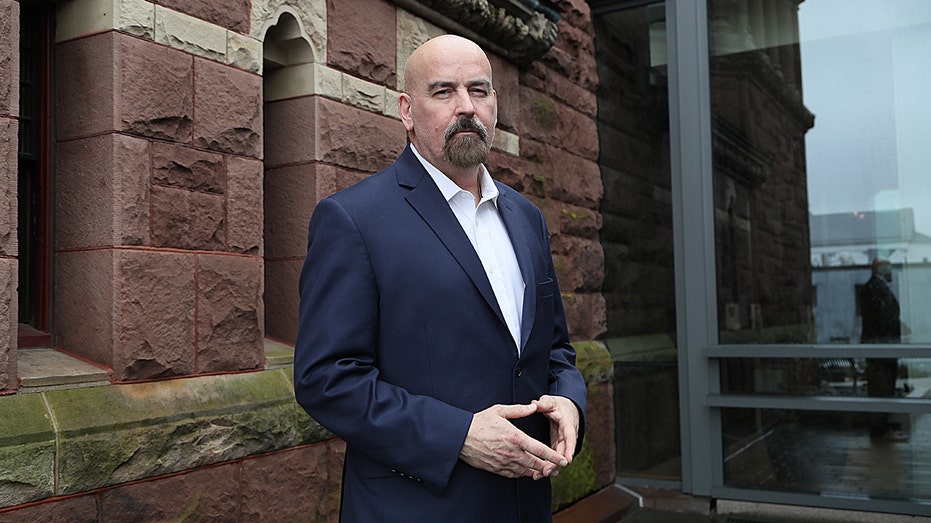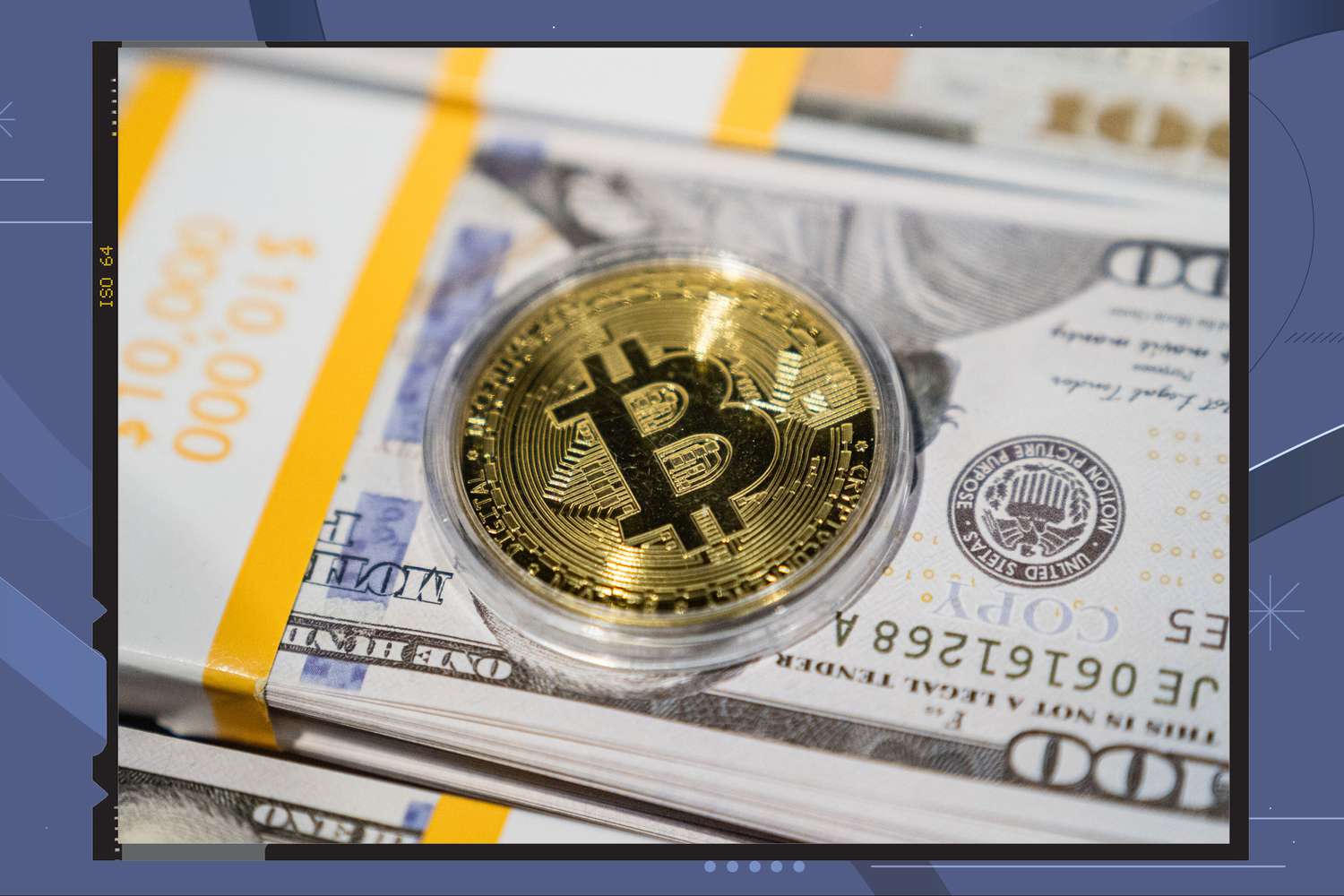
Trump: The First Crypto President?
Former President Donald Trump’s recent remarks at a Florida event have ignited a passionate discourse within the cryptocurrency space, affectionately dubbing him as “America’s first crypto president.” This declaration may have initially seemed like a stunt to attract the crypto-savvy voters, but if we delve into the timeline, it’s clear that Trump’s association with cryptocurrency extends back to 2017, coinciding with his administration’s pivotal role in authorizing bitcoin futures contracts through the Commodity Futures Trading Commission (CFTC).
 Trump’s ties to cryptocurrency run deeper than recent populist rhetoric.
Trump’s ties to cryptocurrency run deeper than recent populist rhetoric.
Chris Giancarlo, the former chairman of the CFTC, recently emphasized Trump’s foundational contributions to the cryptocurrency landscape, pointing out that the launch of regulated bitcoin futures under his administration has positioned Bitcoin as the world’s first digital commodity priced in U.S. dollars. According to Giancarlo, this was no small feat, contributing significantly to the foundation upon which today’s digital asset marketplace operates.
Fast forward to today, where cryptocurrency has entered the political arena as never before. Trump’s declarations that he would “end the hostility” toward cryptocurrencies if re-elected resonate loudly with the industry’s stakeholders. As crypto heavyweights rally behind him, could we be witnessing a transformation in political alliances that prioritizes pro-crypto legislation?
The Growing Political Clout of Cryptocurrency
In a pivotal election year, the cryptocurrency industry has rallied together, raising over $100 million through super PACs to bolster candidates that are pro-crypto. Major players, such as Ripple and Coinbase, have stepped up with substantial donations, aiming to push their political agenda through influential candidates like Massachusetts Senate hopeful John Deaton and Ohio Senate candidate Bernie Moreno.
It’s clear that this financial mobilization reflects more than just an economic interest; it’s a signal that the crypto community is determined to assert its voice in Washington. While Trump’s overtures have sparked enthusiasm among supporters, the current administration, led by President Biden, has faced a different reception from the crypto community, mostly due to the regulatory actions spearheaded by SEC Chairman Gary Gensler.
Regulatory Tug-of-War
Under the Biden administration, the SEC has taken a vigorous stance against leading companies in the cryptocurrency market, creating an air of uncertainty that many argue stifles innovation and growth. The ongoing friction between the SEC and the CFTC over jurisdiction further complicates the landscape, as regulators attempt to dissect whether cryptocurrencies are commodities or securities.
In the eyes of many contributing voices within the crypto sphere, such as Ethereum co-founder Charles Hoskinson, a second term for Biden could lead to further regulatory crackdowns, perpetuating the sense of animosity between the government and those participating in this burgeoning economy. The sentiment resonates loudly, underscoring the urgency for clear regulatory frameworks and acknowledgment of cryptocurrencies as legitimate economic entities.
 The Biden administration’s stance on cryptocurrency has created discord within the industry.
The Biden administration’s stance on cryptocurrency has created discord within the industry.
Bitcoin’s Resilient Trajectory
Despite the political uncertainty, the resilience of cryptocurrencies, particularly Bitcoin, cannot be ignored. With its market value currently above $60,000, Bitcoin has solidified its position as a significant asset, even surpassing traditional currencies like the Swiss franc. This trajectory has been bolstered by the very innovations that began with Trump’s administration — the advent of bitcoin futures and, subsequently, the launch of multiple bitcoin exchange-traded funds (ETFs).
The January launch of these 10 spot bitcoin ETFs was hailed as a landmark event. It not only marked crypto’s acceptance into regulated financial products but also allowed prestigious asset managers like BlackRock and Fidelity to extend their services to include this emerging asset class. The increased accessibility for mainstream investors is a testament to the progress that has been made, and it illustrates a robust demand for legitimate crypto investments.
Conclusion: A New Chapter for Crypto
As we look ahead to the presidential election and beyond, the stakes are higher than ever for cryptocurrency advocates. The possibility of a political shift that embraces a more favorable approach to digital assets could redefine the landscape. Trump’s commitment to uplifting the crypto industry, coupled with the combined lobbying efforts of the community, may pave the way for transformative changes in legislation and regulation.
In these extraordinary times, we are witnessing the evolution of the financial landscape, where the past is inextricably linked to the future. Whether you’re a long-time holder or a casual observer, it’s evident that cryptocurrency is not just a trend; it is a powerful financial force that demands to be recognized and respected in the political sphere.
 Political donations in cryptocurrency reflect the growing influence of digital assets in the electoral process.
Political donations in cryptocurrency reflect the growing influence of digital assets in the electoral process.















